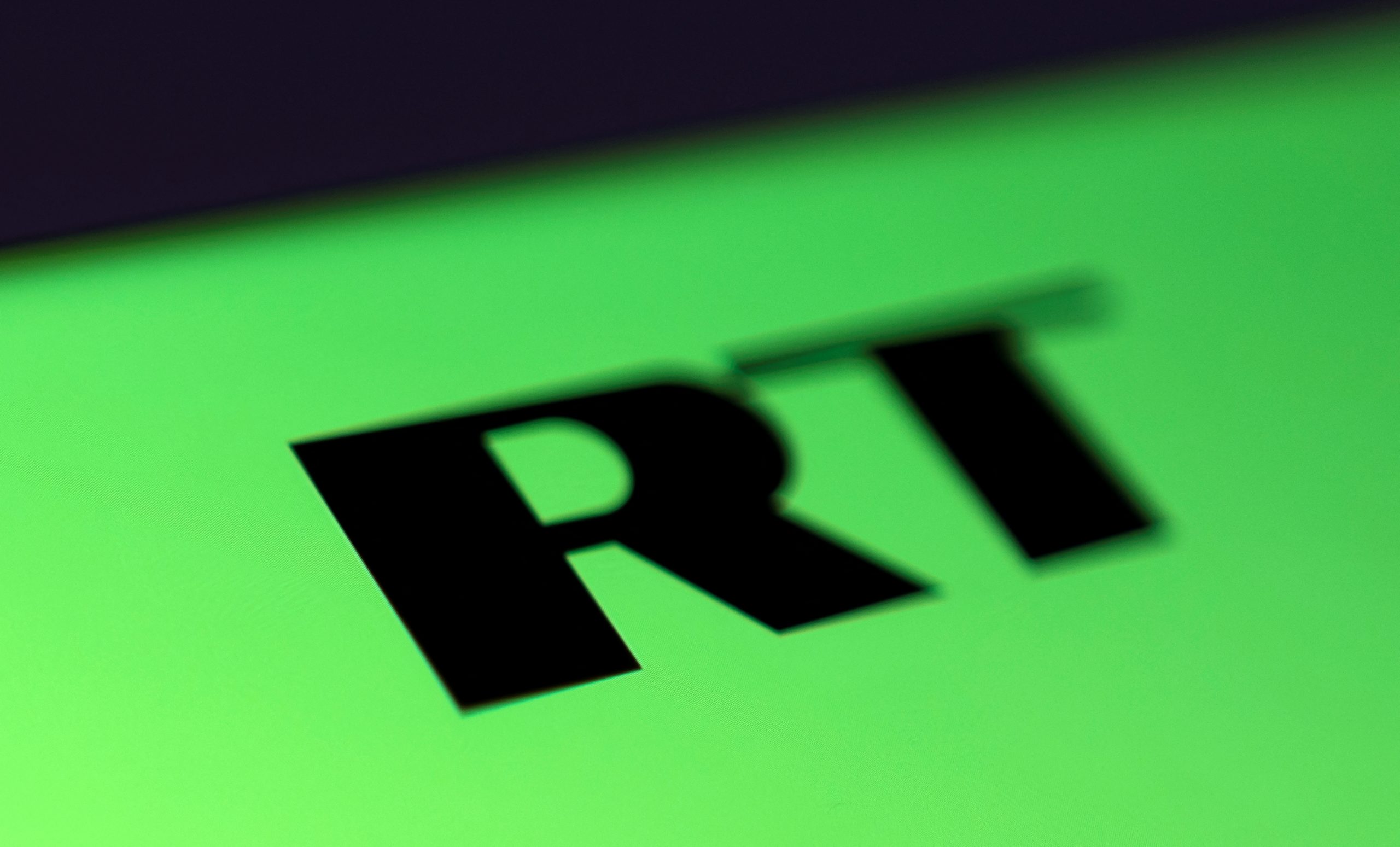
Willie R. Tubbs, FISM News
[elfsight_social_share_buttons id=”1″]
Already faced with banishment from international airwaves abroad, the American version of Russia Today, a state-controlled media outlet, seems to have met its financial demise.
As first reported by CNN, Russia Today America (likely better known as RT to most viewers) ceased its operations and laid off almost all of its staff Thursday.
While the network’s shutdown was immediate, CNBC’s Alex Sherman acquired an in-house memo from Misha Solodovnikov, general manager for the company that operates RT, that indicates employees will be paid through early May.
“As a result of unforeseen business interruption events, T&R Productions LLC will be ceasing production and, therefore, must lay off most of its staff who work at all its locations,” Solodovnikov wrote. “We anticipate this lay off will be permanent.”
The announcement was the logical end of what turned out to be a quick downward spiral for a network long known to primarily be a propaganda arm for Russian President Vladimir Putin. Both DirectTV and Roku had already dropped RT from their channel offerings.
Russia Today’s collapse in the United States was just the latest in a long line of international attacks on state-owned media emanating from Russia.
According to BBC, both the European Union and United Kingdom banned RT on all broadcast platforms.
“It is my absolute position that we will not stop until we have persuaded every organization, based in the UK or not, that is the wrong thing to do to stream Russian propaganda into British homes,” United Kingdom Culture Secretary Nadine Dorries told BBC.
Russia Today reacted to the news saying, “the facade of free press in Europe has finally crumbled.”
In Europe, Twitter has attempted to ban Russia Today and Sputnik, a second state-owned broadcaster, from sharing content on that platform.
“The European Union (EU) sanctions will legally require us to withhold certain content in EU member states, and we intend to comply,” Twitter said in a statement shared by TechCrunch. “Our global approach outside of the EU will continue to focus on de-amplifying this type of state-affiliated media content across our service and providing important context through our labels. We continue to advocate for a free and open internet, particularly in times of crisis.”
Twitter, Facebook, YouTube, and TikTok have all begun scrubbing their sites of RT material.
Russia Today has been the primary, though by no means only, target of various governing bodies eager to prevent Putin’s access to an open line of communication to Western audiences.
Last week, the FCC announced it was investigating media ownership groups for ties to Russia.
As many efforts are being made across the West to stamp out Russian propaganda, no effort is likely to prove 100 percent effective. There are too many avenues through which messages can be sent.
On Friday, Politico’s Mark Scott reported that, even with all major American social media companies censoring Russian-based creators of misinformation and propaganda, the banned media outlets have been able to continue to function in some capacity through Telegram, and encrypted message service based in the United Arab Emirates and British Virgin Islands.
Telegram, which boasts a global collection of 550 million users and was founded by a pair of Russian brothers, has said it is taking steps to remove RT content and stem the flow of misinformation.
For all of its size, Telegram is still a poor substitute for satellite TV providers, streaming services, and American social media giants. If Russian media is banned from those entities, it will lose access to the casual audience and be left to send messages only to those users interested enough to seek out Russian messaging.
